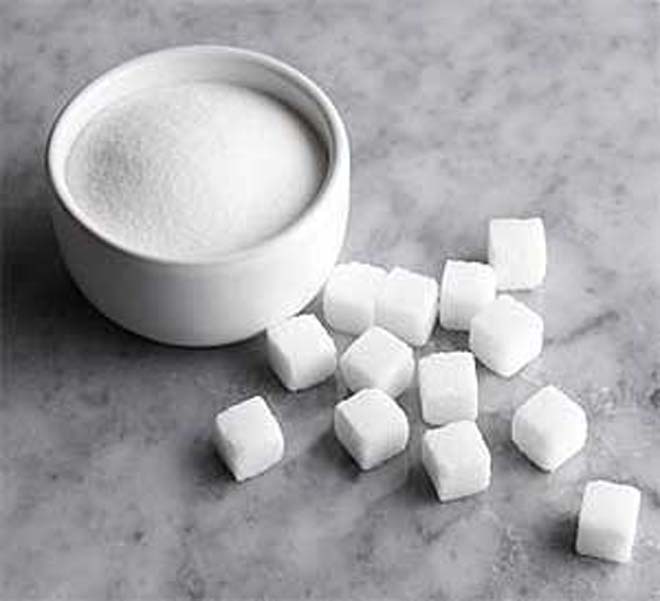Libya has stepped up white sugar purchases to replenish supplies used up during last year's war and to stem unrest in the North African country Al Ahram online reported
White sugar imports dropped sharply last year during the revolution that ousted long-time leader Muammar Gaddafi.
Annual sugar consumption in Libya in 2008 to 2010 was estimated at 280,000 to 290,000 tonnes a year, according to industry association the International Sugar Organization (ISO).
Last year, purchases dropped to 123,000 tonnes, from 296,000 tonnes in 2010, the ISO said.
"Effectively, a lot has been used this year and last year and not much was left," a Middle East-based trader said. "This year, Libya did not import as much as they used to and they need to build up their strategic stocks."
Port loading data in Brazil showed nearly 30,000 tonnes of white sugar had been shipped in recent weeks with a further cargo of nearly 30,000 tonnes of raw sugar also bound for Libya.
A cargo of 26,000 tonnes of while sugar was due to be dispatched from Brazil in coming days, port loading schedules showed.
"The Libyans have been very quiet for some time. Everybody was expecting them to come back on the market," a European trade source said.
Libya's recently elected government is grappling with a number of challenges, including tribal tensions in parts of the country following the war.
"While the elections went well, the resulting government has struggled to establish its legitimacy," said J. Peter Pham, a director with U.S. think-tank the Atlantic Council.
"It is not at all surprising that the Libyan government will want to use a good chunk of the revenues they have been managing to earn from oil sales to keep at least a minimum basket of necessities available at affordable prices," he added.
"A lot more than short-term political benefit for the incumbent regime rides on keeping the masses at least fed."
Earlier this month, the U.S. ambassador and three other Americans were killed in an assault on the U.S. consulate and a safe house in the eastern city of Benghazi - the cradle of Libya's revolution.
"Not only has Benghazi been witness to a variety of serious security incidents in recent months, which have included sporadic gun battles, violent demonstrations, assassinations of Gaddafi-era security officials and several small-scale bomb attacks, but other parts of the country are still considered combustible," said Anthony Skinner of risk analysts Maplecroft.
"Bad blood between tribal elements and disputes over smuggling routes in the south and west of the country has also led to the killing and injury of hundreds since the fall of the Gaddafi regime."
Libya has identified new routes to source its sugar needs more cheaply this year, displacing traditional imports from the European Union, traders and analysts said.
One dealer talked of a cargo of Indian refined sugar bound for Libya this month. The country has no refining capacity of its own because its population is too small to justify investment in a refinery.
Dealers said there had been a sharp increase in raw sugar imports to North African countries such as Egypt and Morocco this year, some of which they believed had been trucked across to Libya after refining.
According to the Kingsman sugar and ethanol consultancy, Egypt imported 1.7 million tonnes of raw sugar in 2011/12 (October/September), up from 845,000 tonnes in 2010/11.
However, an official with the export department of Egypt's state buyer, the Sugar and Integrated Industries Co, denied that Egypt was exporting sugar to Libya.
Dealers noted a larger-than-usual lineup of vessels at Brazilian ports this month loading bagged white sugar bound for Libya.
Some raw sugar shipments mentioned in line-ups at Brazilian ports bound for Libya, are believed to be erroneous, dealers said, referring to the lack of refining capacity.
Brazil exported 59,000 tonnes of sugar to Libya in 2010, before the revolution, down from 103,000 tonnes in 2009, according to the ISO.






